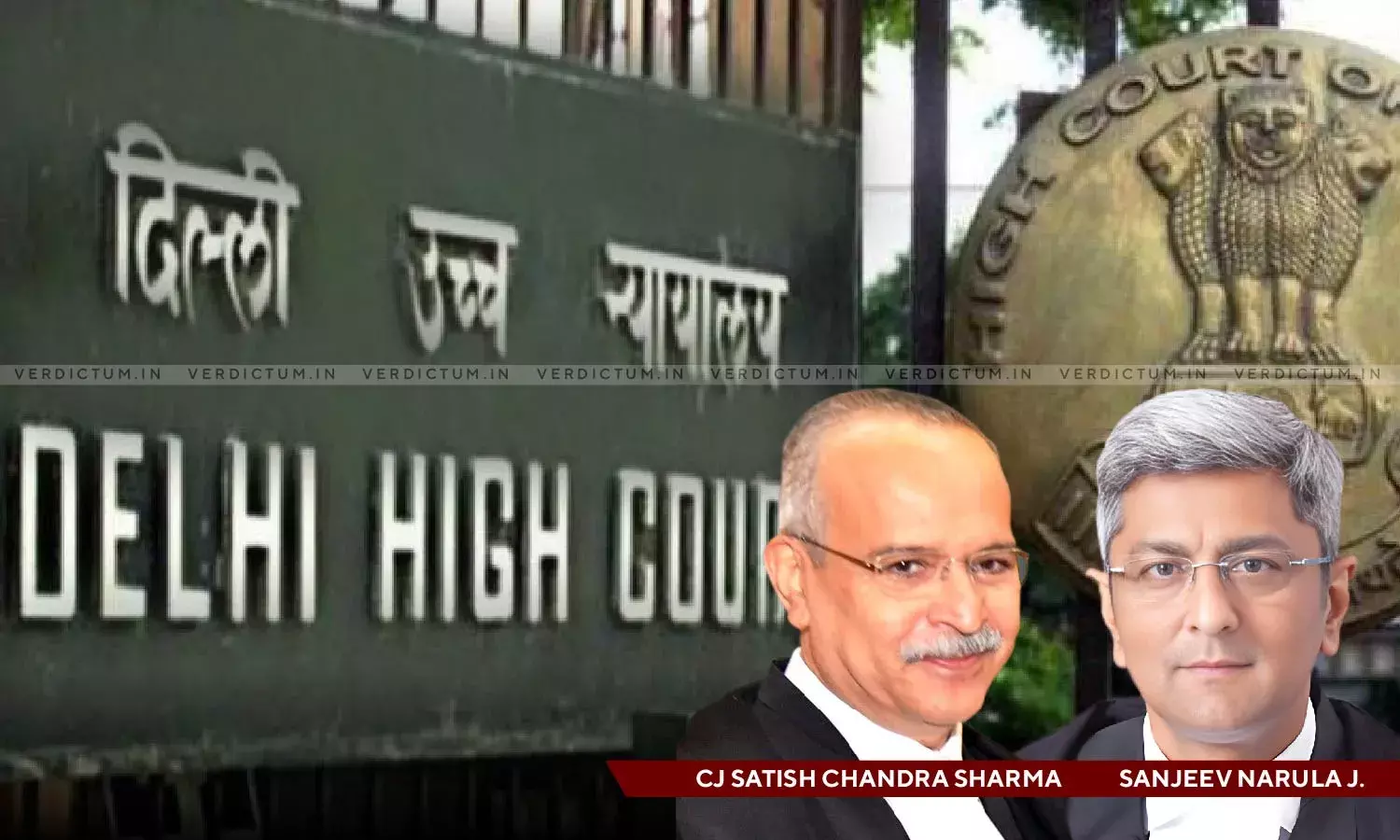High Court Orders Delhi Government To Account For Rehabilitation Efforts For Rescued Child Beggars

The Delhi High Court has issued a directive to the Delhi government, requiring them to disclose their actions taken to rehabilitate children who have been rescued from begging on the streets. Additionally, the Court has instructed the Delhi government to submit a comprehensive status report containing information about children in conflict with the law who have been rescued by authorities and placed in various rehabilitation centers.
A Division Bench of Chief Justice Satish Chandra Sharma and Justice Sanjeev Narula held, “The Government of NCT of Delhi is also directed to file a detailed status report within six weeks providing information regarding children in conflict with law rescued by the Government and housed in various rehabilitation centres, steps taken by the Government for rehabilitation of such children and an assessment of long-term impact of such centres upon children in its care.”
Advocate Kunal Tandon appeared for the Petitioner while ASC-GNCTD Hetu Arora Seth appeared for Respondent No. 5 along with Advocate Bharathi Raju appeared for Respondent No. 1 & 4 before the Court.
This action by the Court comes in response to a PIL aimed at eradicating child begging in Delhi, which had earlier issued notices to the Centre, Delhi government, and the Delhi Commission for Protection of Child Rights (DCPCR).
The petitioner argued that despite the implementation of various schemes and programs by different agencies, commissions, and government bodies, the problem of child begging continues to persist in Delhi. The Court recognized the need to assess the effectiveness of rehabilitation measures in addressing this serious social issue.
The case has been scheduled for further hearing on October 13, 2023. In August 2022, the Delhi High Court had already directed the Centre, Delhi government, and DCPCR to disclose the steps they had taken to rescue and rehabilitate children found begging on the streets.
The petitioner had called for authorities to rehabilitate beggar children and take action against those involved in forcing women, including toddlers, teenage girls, and small children, into begging and criminal activities. He alleged that despite the presence of beggars throughout the city, authorities have not taken adequate measures to address this problem. The petitioner asserted that begging mafias were responsible for this issue and that they kidnap, train, force, and mistreat innocent children for begging.
The DCPCR counsel had previously stated that they conduct regular checks and rescue and rehabilitate children found begging on the streets.
The petition also highlighted instances where young girls intentionally harm small children or administer sedatives to them to garner sympathy from the public, even at the risk of the lives of toddlers as young as 9-12 months. The petition argued that the Constitution obliges the State to make efforts to provide the best opportunities for children's development and to ensure that they are not subjected to abuse.
Cause Title: Yatharatha Foundation & Anr. v. The Union Of India & Ors.

